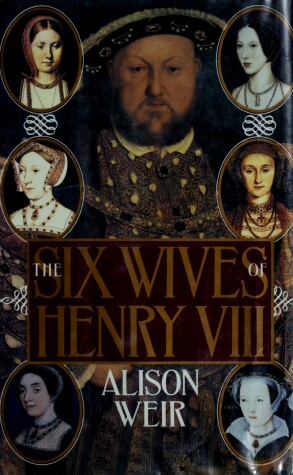Reviewed by gmcgregor on
Like many stories about Henry and his wives, the first two (Katherine of Aragon and Anne Boleyn) dominate the narrative. In the case of books based solidly in historical fact, I have to imagine that part of that is simply because there's the most information there about these two women. As royalty in her own right, Katherine's life would have been much more documented than a common woman. And since Henry and Anne's affair lasted seven years before their marriage, there was a lot of time for things to be written about her by the types of people whose correspondence would have been preserved. Jane Seymour, on the other hand, had a very short courtship with Henry, and indeed a rather short life once they married, leaving much less time for a record to be developed. Weir does challenge the prevailing wisdom that regards Jane as a mild-mannered pawn used by her relatives to secure influence. She would have had to have a healthy level of her own ambition to pull it off and there's no reason to believe she didn't.
At the end of the day, this is a history, so if you're looking for deeper cultural analysis along the lines of The Creation of Anne Boleyn, you're barking up the wrong tree. It's obviously very thoroughly researched and told with considerable narrative skill, but there's little in the way of "new" information if you're fairly well-versed in the subject. I did learn new things, like that Henry's outreach to the Duchy of Cleves indicated interest in either of the two duchesses...Anne, who became his wife for a short while, or her sister Amelia. I also learned more about the lives of Henry's sisters...not a lot, because they weren't the subject of the book, but enough to intrigue me and make me want to learn more someday. I'd recommend this book to a pretty wide group...people interested in the time/place/people will get the most out of it, but its size shouldn't intimidate readers without that kind of pre-existing grounding in the subject.
Reading updates
- Started reading
- 7 July, 2016: Finished reading
- 7 July, 2016: Reviewed
